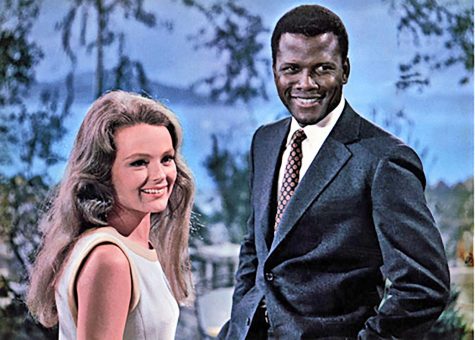Plame case in film
The human toll of the Iraq war transcends the amorphous frontlines in “Fair Game” by recounting and adding depth to the personal battle of ex-CIA operative Valerie Plame (Naomi Watts) and her husband, seasoned diplomat Joseph Wilson, against the omnipotent and duplicitous Bush administration.
This fact-based drama adroitly textures the administration’s meticulously orchestrated rationale for war, and how its indomitable coercion might have outmuscled the CIA into burying its contradictory intelligence about Saddam Hussein and weapons of mass destruction.
Sean Penn fittingly portrays Joseph Wilson, a former ambassador to Niger, who was dispatched by the CIA to investigate an alleged uranium sale from the African nation to Saddam Hussein in Iraq.
Wilson determined the impossibility of such a sale and—as this supposed transaction helped constitute the White House’s basis for war—subsequently wrote on op-ed piece for the New York Times reporting his findings (or lack thereof) and discrediting the Bush administration’s case. In retaliation, the vice president’s chief of staff—Lewis “Scooter” Libby—deliberately divulges Wilson’s wife’s identity to a renowned newspaper columnist, thereby razing Plame’s life’s work with a single, fiendishly calculated blow.
The couple immediately finds themselves locked in the Bush administration’s unshakeable crosshairs: a mounting, ruthless campaign to mar their names in the press ensues, and Plame and Wilson’s marriage frays amid the dissolution of their once iron-clad professional lives and the death threats and antagonism that accompany the unremitting media scrutiny. Meanwhile, the war marches on, unabated.
“Fair Game” is largely informed by Plame’s memoir, “Fair Game: How A Top CIA Agent Was Betrayed By Her Own Government.” To its credit, the film conscientiously goes out of its way to de-politicize a unique—and of course, politically charged—nuance of the Iraq War. And absent are the strident overtones of well-worn outrage and anti-war clamoring that reduce political movies into partisan fodder.
Instead, “Fair Game” unfurls Plame and Wilson’s life-altering episode with a single-mindedness to simply tell their story; though they are unquestionably political figures operating in a grossly political milieu, their defensive front against the Bush administration is accurately depicted as being solely concerned with upholding the truth—and defending themselves—without stooping to dangerously partisan devices that generally, and regrettably, invalidate the truth.




